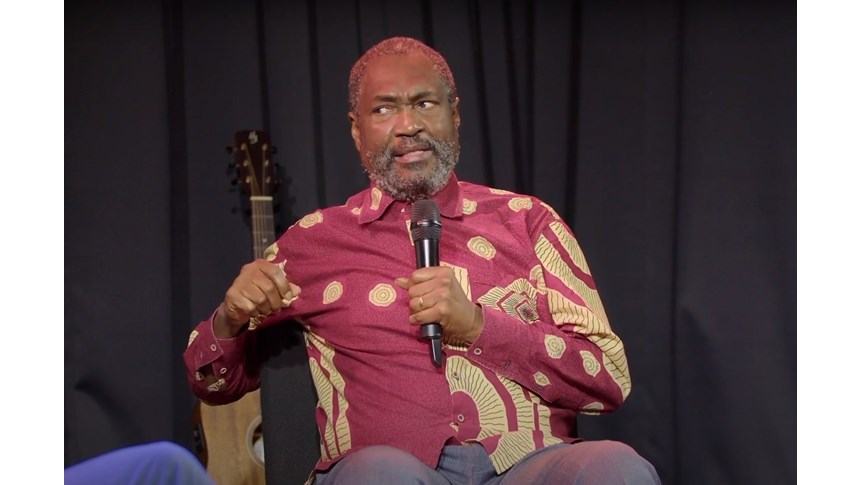The black British music scene has a rich history filled with evolutionary changes that made it what it is today. We got the best person possible to speak about this evolution and tell us first-hand about how black British music started to make a name for itself.
Kawaku BBM, chairman of British Black Music Congress, gives us his deep insights into the journey of black British music artists from what seems like the very beginning and his perspective on the entire journey of black British music. If you’d like to hear the full interview with Kwaku and LCCM Principal, Anthony Hamer-Hodges, click here.
A history of music with Kwaku
Kwaku began his path writing about black music for various magazines, determined to shed light on the up-and-coming scene. He had a passion and a belief from the start that black British musicians had their own special talent and sound and deserved to be heard. Soon after, Kwaku shifted his concentration to black British music in particular, which, unknown to him, would redefine the cultural identity of the entire music genre.
Kwaku reminisces on our stage about the 70s and 80s being pivotal decades, witnessing a divergence between American and British music. There were stark differences between the two, unfortunately favouring the “cleaner”, more professional American sounds over the more underground vibes of British music.
Black British music, influenced by Jamaican sounds, leaned toward a more pop-sounding nature, creating a unique sonic identity. Kwaku highlighted the struggles faced by black musicians in America, where racial homogeneity often defined credibility in the industry.
The lack of resources available to black British musicians at the time meant they couldn’t replicate the sound of expensive studios and professional mixes compared to their American counterparts. This made it unlikely to reach record labels and radio stations meaning it was impossible for black British artists to be noticed by the big guys. Even with hundreds of thousands of records sold, they just could not get a tight enough grip on the charts.
Charting success was an uphill battle for black musicians. The charts remained indifferent, close-minded to the impact of black artists. However, these challenges soon became the motivation for change, setting the stage for a paradigm shift in the industry.
Black British music today
In the present day, the playing field for black musicians has been levelled. Black artists no longer need to fit into the moulds that were shaped before them in order to find real success and recognition.
Kwaku emphasises the power of authenticity (even though it’s not his favourite word since it’s so subjective) noting that the industry now celebrates originality rather than expecting artists to emulate others.
Now, record labels and big names operate purely through numbers. It doesn’t matter if the genre of music you make is so obscure no one has even heard of it; if you’re producing numbers, someone’s sure to give you a chance.
Kwaku's advice echoes through the industry—artists must demonstrate the power of their music to make a significant impact, and also ensure it aligns with today’s digital/streaming world.
Black British music is still evolving today with artists such as Little Simz, Kano, and Arlo Parks, who continue to push boundaries, broadening the entry for success among black artists. Our conversation with Kwaku was so insightful, but there’s more where that came from. If you want to dive deeper into the music industry and have your say, then grab some tickets and head down to the Music Box to be part of the conversation. Or just mingle with some free drinks and enjoy the open mic!
